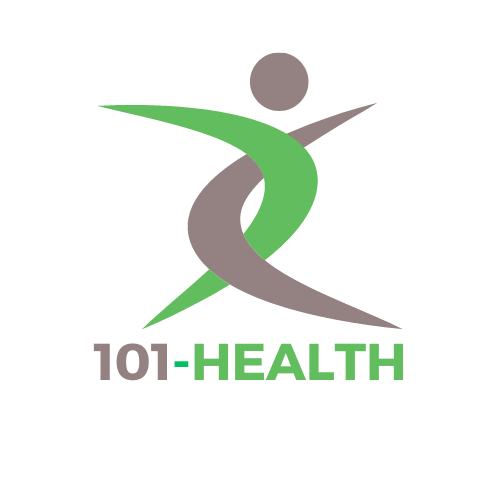Strong bones are crucial for overall health and well-being, providing structural support, protecting vital organs, and facilitating movement.
Two key nutrients that play integral roles in bone health are vitamin D and calcium. In this article, we explore the importance of vitamin D and calcium for maintaining strong bones, their individual functions, dietary sources, and strategies to ensure optimal intake for bone health.
The Role of Vitamin D
Vitamin D, often referred to as the “sunshine vitamin,” is essential for bone health as it facilitates the absorption of calcium from the intestines into the bloodstream.
Without adequate vitamin D, the body cannot effectively utilize calcium, leading to weakened bones and an increased risk of fractures and osteoporosis.
Furthermore, vitamin D regulates calcium balance in the body by promoting its absorption from dietary sources and reducing its excretion through the kidneys.
Sources of Vitamin D
The primary source of vitamin D is sunlight exposure, as the skin synthesizes vitamin D in response to UVB radiation. However, factors such as geographic location, season, time of day, skin pigmentation, and sunscreen use can impact the body’s ability to produce vitamin D from sunlight.
In addition to sunlight, dietary sources of vitamin D include fatty fish (such as salmon, mackerel, and tuna), egg yolks, fortified dairy products, fortified cereals, and certain mushrooms.
The Role of Calcium
Calcium is the most abundant mineral in the body and is essential for bone formation, strength, and density. Approximately 99% of the body’s calcium is stored in the bones and teeth, where it provides structural support and helps maintain bone integrity.
Calcium also plays a critical role in muscle contraction, nerve transmission, and blood clotting, highlighting its importance beyond bone health.
Sources of Calcium
Dietary sources of calcium include dairy products such as milk, yogurt, and cheese, which are rich in bioavailable calcium.
Other sources of calcium include leafy green vegetables (such as kale, collard greens, and broccoli), fortified plant-based milk alternatives (such as almond milk and soy milk), tofu, canned fish with bones (such as sardines and salmon), and calcium-fortified foods such as orange juice and breakfast cereals.
Optimizing Intake for Bone Health
To ensure optimal bone health, it is important to obtain adequate amounts of both vitamin D and calcium through a balanced diet and, if necessary, supplementation.
The recommended dietary allowance (RDA) for vitamin D varies by age and population group, with most adults requiring 600-800 IU per day.
Similarly, the RDA for calcium ranges from 1000-1300 mg per day for adults, depending on age and gender.
Conclusion
In conclusion, vitamin D and calcium are essential nutrients for building and maintaining strong bones throughout life.
By incorporating vitamin D-rich foods, calcium-rich foods, and sunlight exposure into your daily routine, you can support optimal bone health and reduce the risk of osteoporosis and fractures.
Prioritizing a bone-friendly diet and lifestyle is key to promoting lifelong skeletal strength and resilience.
If you have specific concerns about your bone health or nutritional intake, consult with a healthcare professional for personalized guidance and recommendations.






